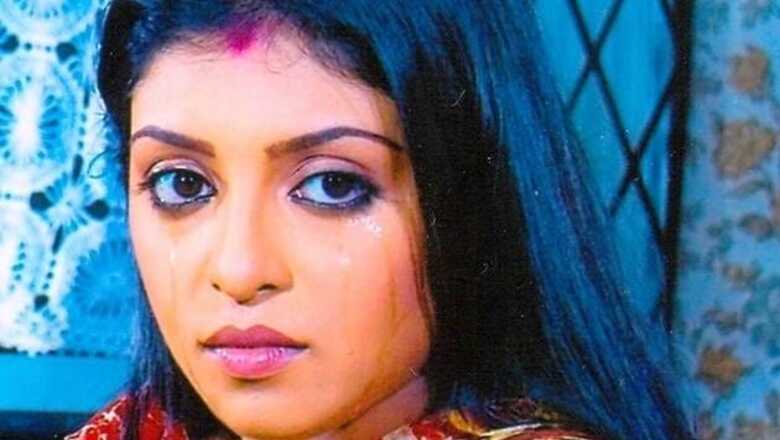
views
Sara Raat is produced and directed by Ranjitmul Kankaria. It is the celluloid adaptation of a novel of the same name by noted litterateur Sailajananda Mukhopadhyay (1901-1976) who was himself a screenplay writer and director.
Beginning with Patal Puri (1935), Mukhopadhyay went on to direct 16 more feature films spread over a span of two decades. Published in 1959, Sara Raat was a very popular novel and raised a lot of debate and discussion because of its unconventional take on husband-wife relationships that sustains till this day.
Kankaria, however, despite a judicial choice of an extremely cinema-friendly subject, fails to live up to his promise to reach out a very good work of literature to an audience who has little familiarity with Mukhopadhyay’s works.
The plot revolves around the young Shankar (Abhik) who is a school drop-out known to be the local Robin Hood. HIs widowed mother and he are stripped of the family inheritance by an evil uncle who throws them out.
Shankar loafs around with his cronies, leaving his widowed mother behind at home. He hijacks a groom for the dowry demands he makes, but has no qualms about demanding Rs 5,000 from the mother of the girl he is about to marry! He lands in jail for some squabble with his boyhood foe.
This gives wife Indrani (Shinjini) enough reason to walk out of the marriage and shift elsewhere. His mother’s suicide is backed by solid logic when her son lands up behind bars.
Out of jail, he moves to another village and begins his social activism there, building up a school and helping to build a road and opening a public dispensary. The Panchayat head is so impressed that he wants to marry off his daughter Jaya (Anuripa) to this guy!
Happiness steps into his life when Indrani takes up a teaching job in the village school. Shankar’s status quo as the social do-gooder who does not take care of his own family remains the same throughout the film.
So what makes Indrani reunite with him, making the Mukhia’s daughter in the margin no one knows. By this time, no one is really interested in the why’s and wherefores of the film.
Thankfully, Mukhopadhyay is no longer around to point an accusing finger at this celluloid disaster of his powerful novel.
Shankar’s English is too good to fit into his social environment and his academic status. Shinjini and Anuripa are too camera-conscious for natural performances and need to brush up on their Bengali diction desperately. Partha Banerjee’s script loses its way half-way through.
The music (Aseem Chatterjee) leaves no impression save for the Tagore songs included in the music that are perhaps, the saving grace of the film.
















Comments
0 comment